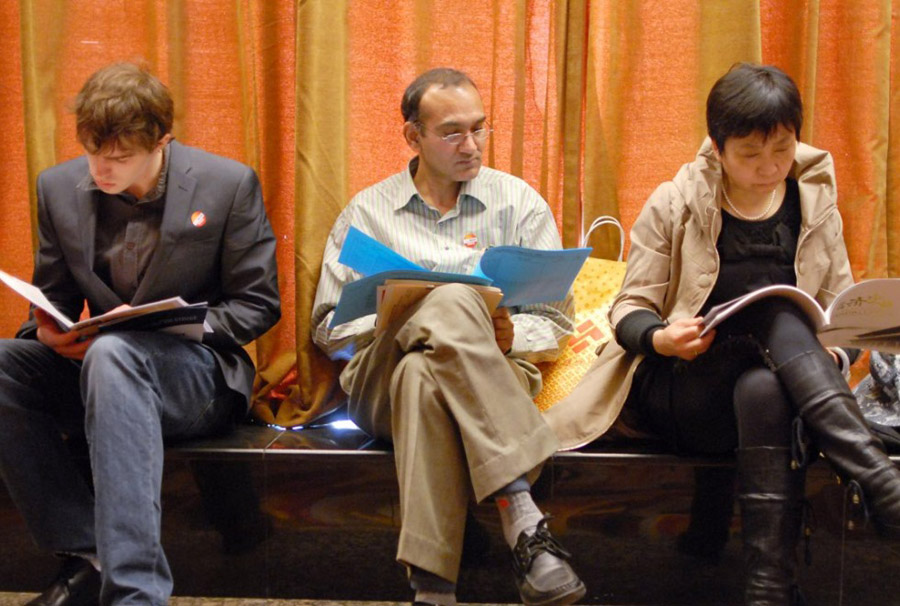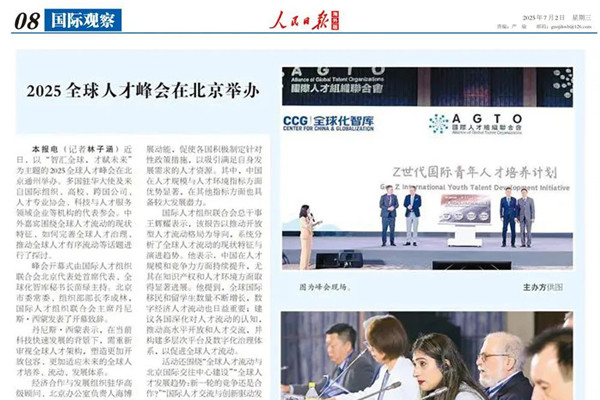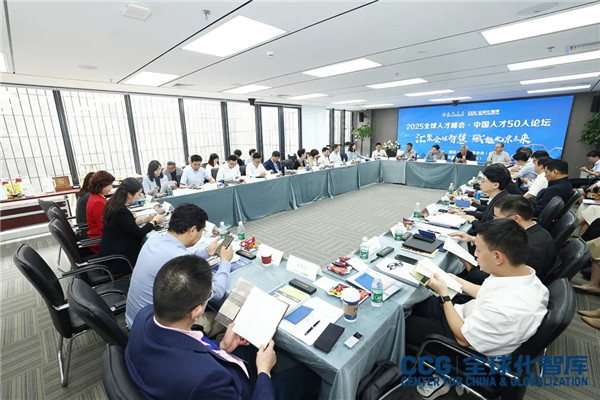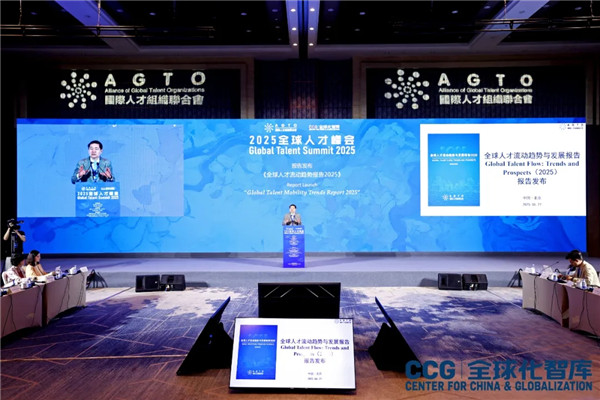【南华早报】China eases green card rules to lure foreign talent
2016年4月18日
The central government’s latest relaxation of green card rules indicates that the mainland has a growing need for international talent, but the move might not be enough to lure more top professionals, experts say.
Under a directive issued by the State Council on Thursday, foreigners working in a greater range of areas would be eligible for permanent residency.
“In the past three decades, China focused on attracting foreign capital, and in the three decades ahead, it should shift to foreign talent,” said Wang Huiyao, director of the Centre for China and Globalization(CCG), a Beijing-based think tank.
Until last June, only foreigners who worked in government departments or laboratories involved in “key national projects” could apply for permanent residency. The rule was then relaxed to include researchers at more institutes, including those with international funding.
The latest directive says foreigners working in additional types of industries should also be eligible for permanent residency, but did not specify which ones.
“Foreign good trade and foreign capital activity have been lively in China in the past decades, but not [movement of] people,” Wang said. “China has used up its demographic dividend and now it should start using international talent.”
About 600,000 foreigners were living on the mainland, according to the 2010 national census, accounting for 0.04 per cent of the population. The global average was 3 per cent and higher in developed countries, sitting at about 10 per cent, Wang said.
He estimated that only about 7,000 to 8,000 foreigners had acquired permanent residency on the mainland.
The government in 2008 launched a major scheme to attract expatriates called the “1,000 talent plan”. By last September, about 5,200 people had been recruited under the campaign, according to Xinhua.
George Huang, partner in charge at executive search firm Heidrick & Struggles China, said the firm previously focused on helping multinationals find local talent, but that it was now receiving requests from domestic firms to find senior overseas professionals. Among its mainland clients were leading telecoms maker Huawei and internet giants Tencent and Baidu, he said.
Tencent staff line up for lunar new year packets from chief executive Pony Ma Huateng on Thursday. Firms like Tencent and telecoms maker Huawei are turning to executive search firms to bring in talent from overseas, says Heidrick & Struggles China.
Huang acknowledged that persuading foreign executives to live and work on the mainland was a challenge because of the cultural gap. Another problem was pollution, especially in mega cities like Beijing and Shanghai.
But one long-term expat doubted the policy change would attract the people that Beijing wanted. The French businessman who has lived in Beijing for 10 years but declined to be identified said the key to luring senior overseas executives was by cutting “worrisome bureaucracy”.
“The key success factor for getting more experienced foreigners to China lies in streamlining the investment procedures, the foreign exchange procedures, the money repatriation procedures and a whole lot of things that are definitely discriminatory in China,” he said.
The man holds a one-year residency permit that must be renewed every year.
“Not to mention the ever-changing legal environment that pushes everyone to make money fast just because it’s uncertain what tomorrow will be like.
“The changing and retroactive laws make investors suspicious about the real possibility of making money” in an arena where fair competition was in doubt, he said.
Simon Lance, managing director of international recruiting firm Hays in China, said the mainland employment market still had a shortage of skilled candidates, particularly at mid and senior levels.
The company’s latest Asia salary guide, based on data form more that 3,000 employers across the region, suggested that in undersupplied areas, 65 per cent of employers would consider hiring an expatriate.
“Therefore, the statement from the State Council and the Communist Party’s Central Committee is very encouraging,” Lance said.(By Mandy Zuo)
From South China Morning Post,19 February, 2016






